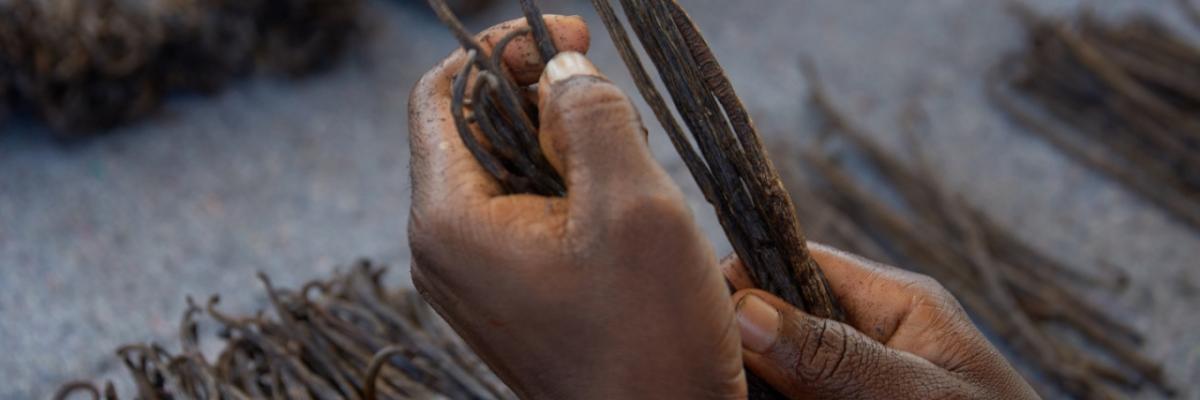The Real Price of Madagascar’s Vanilla Boom
By David Pilling

Originally posted on Financial Times
In the humid Sava region of northern Madagascar, where vanilla vines grow in the shaded canopy of the jungle, villagers guard their crop as though it were a precious metal. Well they might. Strong demand for natural vanilla, speculation, bad harvests and money laundering have driven prices as high as silver. Farmers often awake to find their vines stripped bare, carried off in the night by gangs of thieves filling orders for buyers in the far-off capital of Antananarivo, who in turn supply the markets of western Europe, the US and Asia. In some parts of Sava, say non-governmental organisations working in the region, vigilante groups have sprung up to mete out summary justice to the vanilla snatchers.
Farmers often awake to find their vines stripped bare, carried off in the night by gangs of thieves filling orders for buyers in the far-off capital of Antananarivo, who in turn supply the markets of western Europe, the US and Asia. In some parts of Sava, say non-governmental organisations working in the region, vigilante groups have sprung up to mete out summary justice to the vanilla snatchers.
Madagascar, which supplies 80 per cent of the world’s natural vanilla, is in the grip of a vanilla boom. “People are saying, ‘I don’t care about growing food to feed myself. I only want to grow vanilla’,” says Eugenia Lopez, an agricultural expert with Swiss development agency Helvetas. Girls are dropping out of school to marry “vanilla barons”, and sales of televisions, alcohol and other luxuries are high. “People are buying cars and motorbikes that they won’t even be able to fill with petrol when the price of vanilla crashes,” says Ms Lopez.
Even if countries such as Madagascar — with their chronic malnutrition, their vanilla thieves and their lack of development — seem a long way away, NGOs are piling pressure on multinationals to come clean about the origins of their ingredients and the conditions of the people who produce them.
“I think what everybody’s discovering is that the supply chain is broken,” says Victoria Mars, a fourth-generation member of the family that owns Mars, which purchases about 0.5 per cent of the world’s vanilla, mainly for chocolate brands such as Snickers and Twix. “We’ve got to take some responsibility,” she says. “Vanilla is a small piece, but we’ve got to start somewhere.”
Barry Parkin, head of procurement and sustainability at Mars, says companies must change the way they buy commodities. In fact, he goes so far as to declare the age of commodities dead.
Click here to continue reading on Financial Times.

